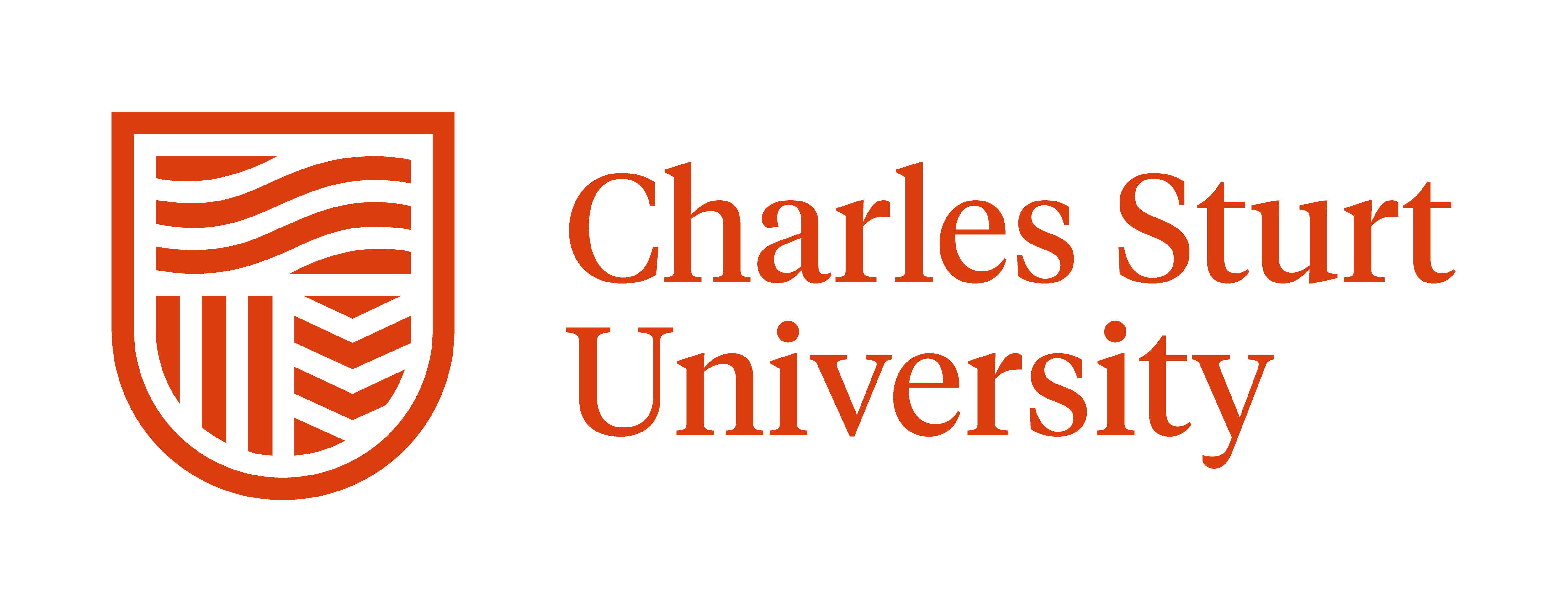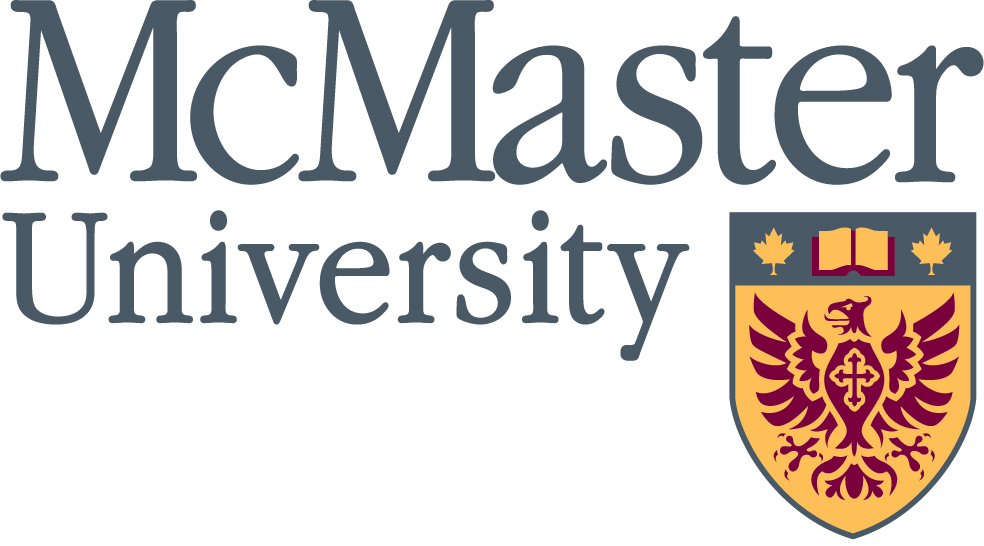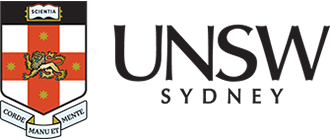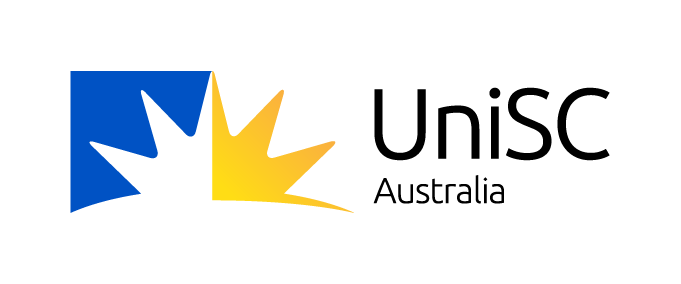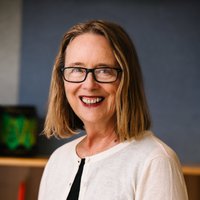
Linda Harrison is a Professorial Research Fellow in the School of Education, Macquarie University and Adjunct Professor of Early Childhood, Charles Sturt University, Australia.
Linda’s early childhood career began as a parent in playgroups, and a teacher in Occasional Care, and Family Day Care, which led to a life-long interest in quality education for children under 3. Linda was one of the lead researchers for the original the 2021-22 Update of Belonging, Being and Becoming: The Early Years Learning Framework for Australia (EYLF V2.0) and My Time Our Place: Framework for School-age Care. Linda is also known for her contribution to the design of the child care and early education components of Growing Up in Australia: The Longitudinal Study of Australian Children, and her leadership of collaborative research projects undertaken with ACECQA, state governments, and early childhood education and care organisations.
Linda’s expertise includes her role as Non-Executive Director, Board of KU Children’s Services.
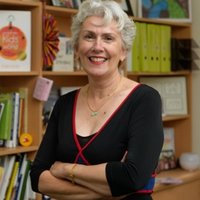
Sandie Wong is a Professor of early childhood within the Macquarie School of Education, Co-Deputy Director of the Centre for Research in Early Childhood Education, Macquarie University, and a Research Fellow with Goodstart Early Learning.
Sandie has worked as an academic, manager, researcher, evaluator, educator, consultant, and nurse, within a range of early childhood, academic and health organisations. Sandie works in collaborative, strengths-based ways, with academics from a range of disciplines, early childhood organisations and practitioners, and governments, to lead and support high quality research, evaluation, and practitioner enquiry, that contributes to best practice in early childhood. Her current work investigates: early childhood practices; workforce issues; educator well-being; and the history of early childhood internationally.
Sandie is a Director on the Boards of Northside Community Services and SPLAT maths.
Sandie is co-leading the case study component of the ORICL project.
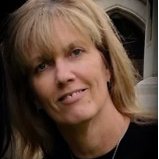
Sheena Elwick is a Senior Lecturer in Early Childhood Education (ECE) within the School of Education at Charles Sturt University.
Sheena’s ECE career started over 20 years ago as a preschool teacher in a long day care service. Since then she has worked as a teacher and educational leader in different ECE settings, including mobile childcare where she worked with infants and toddlers (in mixed-age groups). Sheena was a member of the national consortium involved in the 2022 Updates to the Belonging, Being and Becoming: The Early Years Learning Framework for Australia and My Time Our Place: Framework for School Age Care. She currently supports ECE services to reflect on and implement the updates in practice. She is the Program Lead for the Holding Space Program that has a specific focus on trauma-informed practice.
Sheena’s research interests are varied and are driven by her strong collaborative relationships with industry stakeholders and her focus on producing applicable, useful and practical outcomes to context-specific issues. As well as being a member of the ORICL team, Sheena currently leads several projects that aim to build capacity for implementing trauma-informed practice in ECE settings.
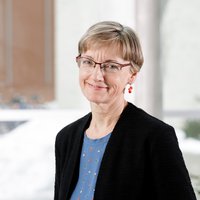
Magdalena Janus is a Professor at the McMaster University (Canada) Department of Psychiatry and Behavioural Neurosciences and Offord Centre for Child Studies where she holds the Ontario Chair in Early Child Development.
Since joining the Offord Centre for Child Studies at McMaster in 1997, Magdalena, together with the late Dr. Dan Offord, developed the Early Development Instrument (EDI), a measure of children's readiness to learn at school entry. This initiative has generated interest at national and international levels, from academic and social policy perspectives. Magdalena and her team support the implementation of the EDI in Canada, and its adaptation in many international sites, including Australia where its adaptation is known as Australian Early Development Census (AEDC). Magdalena is also an Affiliate Professor at the School of Population and Public Health at the University of British Columbia, where she collaborates with the Human Early Learning Partnership (HELP). For the last 15 years, Magdalena's interests also included the development and early experiences of children in their first three years of life. With colleagues at HELP, she has been involved in the research on the Toddler Development Instrument in Canada, and with the WHO on the Global Scales for Early Development (GSED), a new and innovative tool to measure development of very young children globally. She is an active educator, being directly involved in teaching, supervising, or tutoring students, as well as in the development of new curricula, with special relevance to early child development.

Susan Irvine is an early childhood teacher with diverse work experience across early childhood education and care (ECEC) contexts. This includes senior leadership roles in child and family policy, ECEC service provision and higher education. She is currently a Professor and Head of the School of Early Childhood and Inclusive Education at Queensland University of Technology (QUT). Prior to starting at QUT, she was the CEO of Lady Gowrie Queensland. Susan has led and contributed to multiple large-scale mixed-methods research projects with policy and practice implications. Recent projects have focused on the ECEC workforce, effective leadership in long day care and family day care and quality improvement in long day care. She was a lead researcher in the Australian Learning Frameworks Update project, which informed the updated Early Years Learning Framework and MY Time Our Place (2.0). Susan applies a range of qualitative research methods, and has extensive experience working in multi-disciplinary teams with education partners on research projects that include the development of professional learning programs and resources to effect practice change.
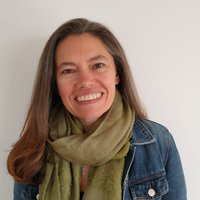
Rebecca Bull is a Professor in the Macquarie School of Education, Macquarie University.
Rebecca’s research is inter-disciplinary in nature, drawing on methodology, theory, and practice in the fields of education, cognitive science, and psychology. In the area of early childhood development, Rebecca is interested in how young children think about number and quantity, and how these basic skills (often referred to as number sense) support growth in mathematical skills.
Rebecca’s research also looks at the important environments in which children are learning and developing – the home environment and the classroom. This has included a focus on the informal numeracy interactions that may happen between children and parents, as well as the pedagogical approaches to numeracy that educators use in day care environments, and the quality of educator-child interactions. Research findings from these studies have been used to examine early risk indicators of later mathematical difficulties and have informed the development and implementation of classroom-based intervention.
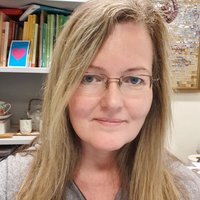
Belinda Davis is a Senior Lecturer and the Course Director for Early Childhood in the Macquarie School of Education, Macquarie University.
Belinda is passionate about early childhood education and care and the central role of relationships in young children's lives. Belinda's teaching and researching focus is on pedagogy and curriculum in early childhood settings by exploring ways that children's experiences shape their learning and development.
Her specific research interests include: The Early Years Learning Framework (EYLF); infants and toddlers; low socio-economic status children and families; reflective practice; quality; assessment.
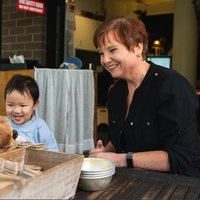
Sheila Degotardi is a Professor of Early Childhood Education and the Director of the Centre for Research in Early Childhood Education (CRECE).
Sheila is a committed infant-toddler researcher, whose research aims to support high quality infant-toddler professional practice. With a deep interest in relationship-based pedagogies, she investigates the nature of social interactions between children, their educators and peers, to consider how these interactions contribute towards very young children’s learning. Her work helped inform the development of the revised EYLF, V2 in ensuring this document is inclusive of all young children and their educators.
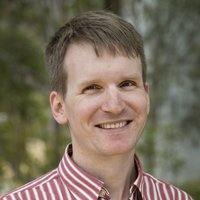
Peter Humburg is a statistical consultant at the Mark Wainwright Analytical Centre, UNSW. Peter is an experienced research statistician with strong analytical skills and expertise in method development and data analysis.
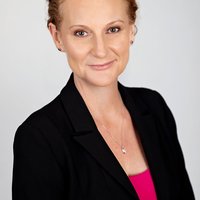
Kate Williams is a Professor of Education at the University of the Sunshine Coast.
Kate is a developmental scientist, intervention designer, evaluator, and leader, working at the intersection of health and education to address inequities that often arise from early childhood. She is recognised as an international expert on social-emotional, self-regulation, executive function, cognitive, and sleep development, and the parenting, educational, and intervention contexts that support such. Kate typically uses large population datasets, program design and evaluation, and modern quantitative and mixed method approaches across her research program. Kate is also a Registered Music Therapist and so is interested in the ways that music can be used to support development and wellbeing. Her ARC DECRA fellowship saw Kate develop the effective Rhythm and Movement for Self-Regulation (RAMSR) program, which has been commercialised and is disseminated internationally to diverse adults working with young children. Core to Kate’s approach are collegial team-building across disciplines, and collaborative relationships with research end users in community, industry, government, and non-government organisations. She brings strong stakeholder engagement and a focus on capability building, implementation science, knowledge translation, and research impact to every research project she undertakes.
Kate’s expertise includes her role as Chair of the Board for Play Matters Australia.
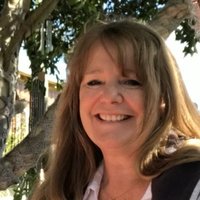
Tracy Redman is the Project Manager for ORICL supporting the work of the ORICL early childhood researchers. Tracy has almost four decades experience in the early childhood sector, including as owner/teaching director of a long day care service for 16 years, overlapping with over 20 years teaching EC students from certificate III to master’s degree levels. Tracy has written many units for TAFE NSW, TAFE Higher Education, and the University of New England as well as EC resources for government and non-government organisations. Her special research interest is in supporting educators to enrich their language interactions with infants and toddlers through targeted professional development. An advocate for life-long learning, Tracy holds a Master of Education (Information Technologies) from Charles Sturt University, and a Master of Early Childhood, Master of Research, and PhD from Macquarie University (Macquarie School of Education) and is an Associate member of the Centre for Research in Early Childhood Education (CRECE).
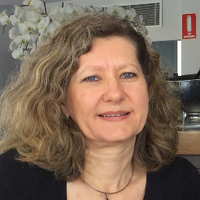
Anne-Lii Hardy is an experienced senior research assistant and research manager, having worked on major research projects including a longitudinal study of infants' language and learning. For over ten years, she has supported and managed early childhood research projects, being actively involved in the collection, management and analysis of data, project management and administration. Anne-Lii completed her Master of Research degree at Macquarie University in 2018, focusing on young children's use of technology and its impacts on their cognitive skills.
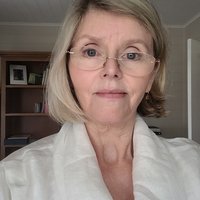
Allison is a music teacher with 30 years of experience. Although she has taught music privately at primary and early secondary school level, an unexpected career detour led her to discover that early childhood music education was her ‘pedagogical home’. Allison also has a strong interest in early language development. Allison holds a PhD from the University of Wollongong (UOW). Her research investigated the effects of an early childhood music program upon preschool children’s language skills. She has worked as an academic and research assistant at UOW on projects in a range of areas including early childhood education, parenting supports for Indigenous families (Lead My Learning), and applications of multi-sensory environments for a range of user groups (SMILE project). In addition to working in education, Allison previously coordinated and led a government funded program of mobile supported playgroups and has worked in multidisciplinary early intervention teams supporting preschool-aged children and their families. In addition to a PhD, Allison holds a Master of Education specialising in learning difficulties (Edith Cowan University), a primary education degree (University of New England) and a music teaching qualification (Trinity College London). Allison now joins the ORICL Team as a Research Assistant.
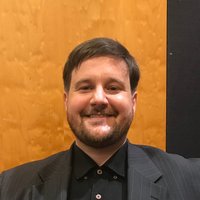
Brian Ballsun-Stanton is a solutions architect with over 8 years designing and delivering technical solutions for academic and student research projects at the Macquarie University Faculty of Arts and UNSW Australia. He has been a Chief Investigator in grants and prizes across the humanities and social sciences.
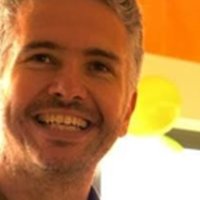
Simon O’Toole is the Head of Research Data & Software at Australian Astronomical Optics (AAO), Macquarie University. He has 25 years of experience managing research data and providing technical management for a large range of projects across many research disciplines.
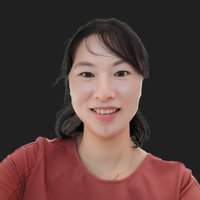
Kate Sheng is a Research Software Engineer with years of experience designing, developing, and delivering web/app applications from RDS at Australian Astronomical Optics (AAO) at Macquarie University.

